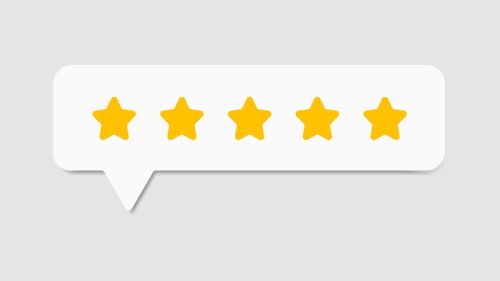Menu
SEO - Search Engine Optimization
This means doing things to a website and on the internet to improve the popularity and ranking of the website so that it ranks highly for the desired searches. The most common SEO activities include writing content (blog posts, firm news, articles, FAQs) and finding ways to create incoming links from other websites.
Citation or NAP
A citation is a mention of your name, address, and phone number (NAP) somewhere on the Internet. For example, your law firm's contact information may be listed on your local bar association's website. This would be considered a citation to the search engines. The search engines look at how many citations a business has and makes an assumption that the more you have the more reputable and established you are. As a result, they tend to show businesses with more citations in their local search results.
SEM - Search Engine Marketing
Search Engine Marketing is doing things to achieve maximum exposure for a website through search engine optimization (SEO) and paid advertisements.
PPC - Pay Per Click
Pay Per Click (PPC) is a type of advertisement model where you only pay if your ad is clicked on. Most people run PPC ads on Google because it has the largest market share. These are the ads that appear in search results at the top and down the right-hand side of the search result pages.
Retargeting
Retargeting also known as remarketing ads are advertisements used to reach people who have visited your website after they leave and are visiting other websites. Most people have seen retargeting in action when they've looked for a hotel and then started to see advertisements for it while they were surfing the Internet. These advertisements were not a coincidence, rather you were targeted because you expressed interest by visiting the website of the advertiser.
Display Ads
Display ads are paid advertisements that appear on websites that are participating in an advertising display network. In other words, they've agreed to run advertisements on their website for a small kickback from the display network operator. These are relatively cheap ads that can build name recognition for you to people reading content relating to what you do. The ads are usually targeted by geography and topic/practice area.
Local Search Results
Local search results are entries displayed when a person is looking for a service within a known geographical region. These results show up prominently on top of the organic listings next to a map and are labeled A-G. They also include address, phone number and client reviews right in the search results
Organic Search Results
Organic search results are the listing of websites that show up in a search engine because it's algorithm has determined it is relevant to what the searcher was looking for based on their query. This is the "free" area of the search results.
Paid Search Results
Whereas organic search results show up based on their relevancy to the searcher, paid search results show up because the advertiser is spending money for prominent space on the search engine. In most search engines, these advertisements show up on the top, side, and bottom of the search results.
Personalized Search
Personalized search means just that: searchers are seeing results based on a variety of factors such as their previous search history, country, city, whether are on a desktop or mobile device, and social connections. This means that users performing the same search will see different results. Google now does this with almost every search.
Browser Titles
Browser titles are also known as meta titles. A browser title does not show up on the website itself. Instead, it's more of a behind the scenes signal to the search engines. In some browsers, the browser title will show up at the very top of the browser but others, such as Chrome, hide the title. Search engines use the browser title when they show you in the organic listings. They also look at this title for signals as to where you are located and what you do.
Headings
Headings are ways in HTML to structure content. Headings usually stand out on a website because they're a different color, bold, or perhaps a little larger than the rest of the text. Headings are ordered as: H1, H2, H3, H4, H5, H6. Like browser titles, these can be signals to the search engines that the text within a heading is important. Search engines put a lot of weight on what is in the Heading 1 (H1). As a result, you'll often see important keywords or phrases used in that heading.
Links
A link is a connection from one website to another website. Search engines roughly interpret a link to a website as an endorsement of that website's content. So, the more links a website has coming to it, the better. However it's more complex than that, search engines can look at the quality of links to your website (i.e. did you just link your own blog to your website) and the context of links to gather information about whether or not that link should factor into, or even penalize your rankings.
More Key Points
- What Is Search Engine Optimization (SEO)?
- Online Marketing and SEO Is Not For Every Law Firm
- Search Engines Don't Personally Care About You
- Three Ways To The Top
Keep Learning







